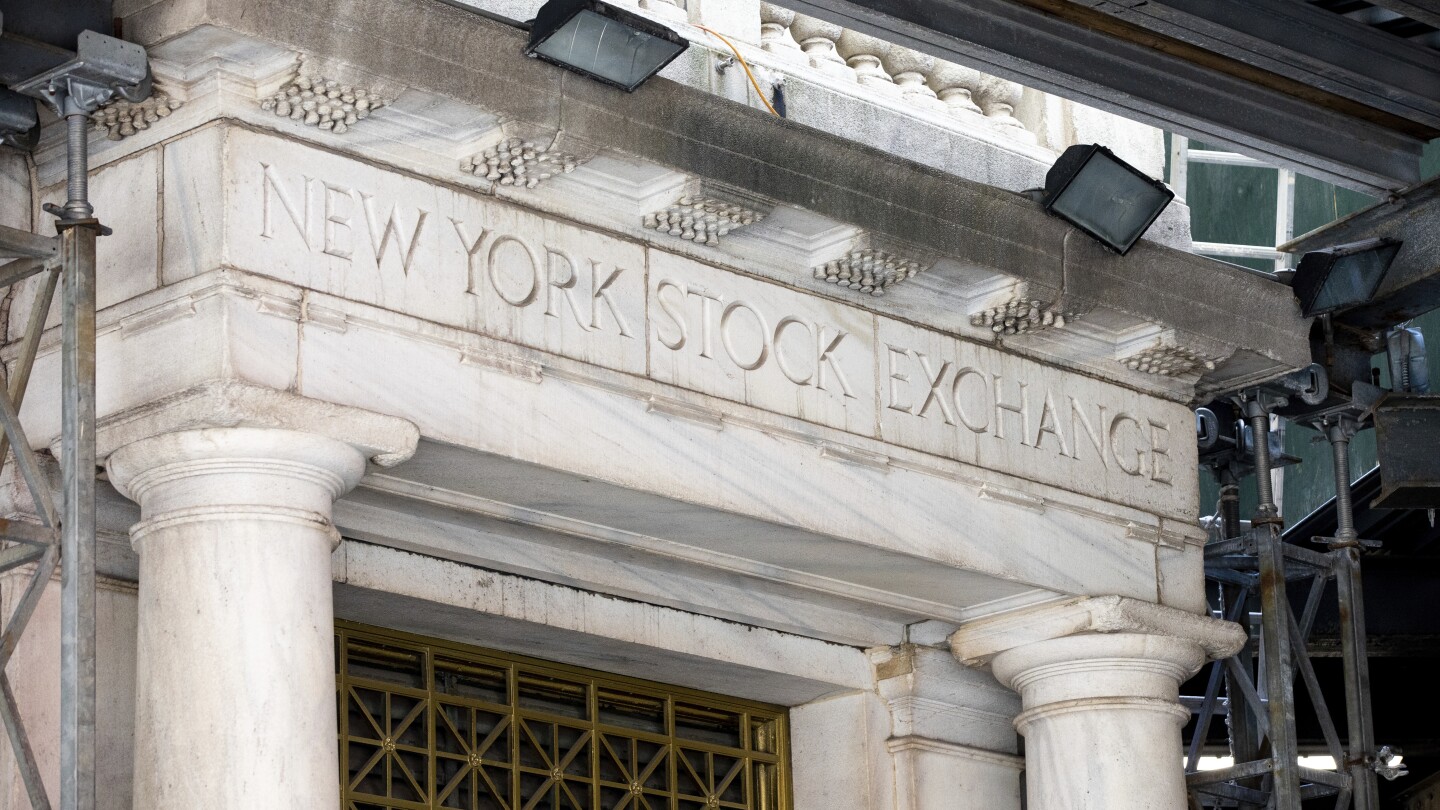Premarket trading is mixed in a low-volume trading holiday week on Wall Street.
Futures for the S&P 500 were virtually unchanged before the bell Thursday, while futures for the Dow Jones Industrial Average lost 0.1%. The tech-heavy Nasdaq rose nearly 0.3%.
Trading has been subdued in the last trading week of the year. The S&P 500 is coming off its eighth straight winning week and is hovering just below its all-time high set in January of 2022.
The final week of 2023 lacks any market-moving U.S. economic updates. Later Thursday, the government releases data on layoffs in its weekly unemployment benefits report.
Overall, investors have been encouraged by financial data showing inflation is on the decline and the economy appears to be stronger than anticipated. The Fed is walking a tightrope, trying to slow the economy enough through higher interest rates to cool inflation, but not so much that it tips the nation into recession.
Recent data raises hopes that the economy can dodge a significant recession. Wall Street is betting that the Fed is done raising interest rates and will likely shift to rate cuts in the new year. The central bank has held rates steady since its meeting in July, and Wall Street expects it to start cutting rates as early as March.
In Europe at midday, Britain’s FTSE 100 inched down 0.1% and Germany’s DAX lost 0.2%. The CAC 40 in Paris was down 0.4%.
Tokyo’s Nikkei 225 index was an outlier in Asia, shedding 0.4% to 33,539.62. Speculation over whether and when the Bank of Japan might ease its longstanding lax monetary policy and raise its key interest rate from minus 0.1% has kept stocks wobbling in the world’s third-largest economy.
BOJ policymakers are waiting to see what sort of wage gains might come in 2024 as part of the central bank’s strategy of keeping credit easy to try to spur stronger growth.
In Hong Kong, the Hang Seng index surged 2.5% to 17,043.53 on heavy buying of technology and property shares. With Thursday’s gains, it is down about 8% for the year as China’s economy has sputtered despite the country’s reopening after it loosened COVID-19 precautions.
Ecommerce giant Alibaba’s shares gained 2.8% even after a court in New York refused to dismiss a lawsuit filed against it by a U.S. company, Kelly Toys Holdings, for allegedly selling counterfeit versions of Squishmallow plush toys.
The Shanghai Composite index surged 1.4% to 2,954.70.
South Korea’s Kospi advanced 1.6% to 2,655.28 and the S&P/ASX 200 in Australia rose 0.7% to 7,614.30.
India’s Sensex gained 0.4% and Bangkok’s SET also was up 0.4%.
In other trading Thursday, U.S. benchmark crude oil shed $1.03 to $73.04 per barrel in electronic trading on the New York Mercantile Exchange. It declined by $1.46 on Wednesday.
Brent crude, the international standard, gave up 96 cents to $78.58 per barrel.
The U.S. dollar ticked down to 140.82 Japanese yen from 141.84 yen. Expectations for a change to the BOJ’s stance have given the yen renewed strength, while hopes for an easing to U.S. interest rates have weakened the dollar, which is trading at its lowest level against the yen since July.
The euro rose to $1.1117 from $1.1106.
On Wednesday, the S&P 500 rose 0.1%. It is up 24% for the year. The Dow climbed 0.3%, while the technology-heavy Nasdaq composite rose 0.2%. It has outpaced other major indexes with a gain of 44% this year.

